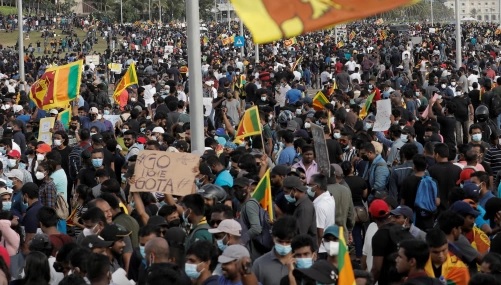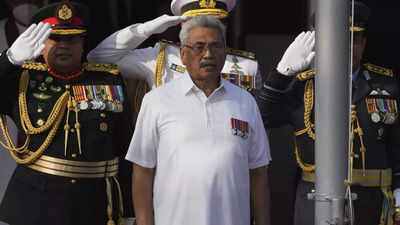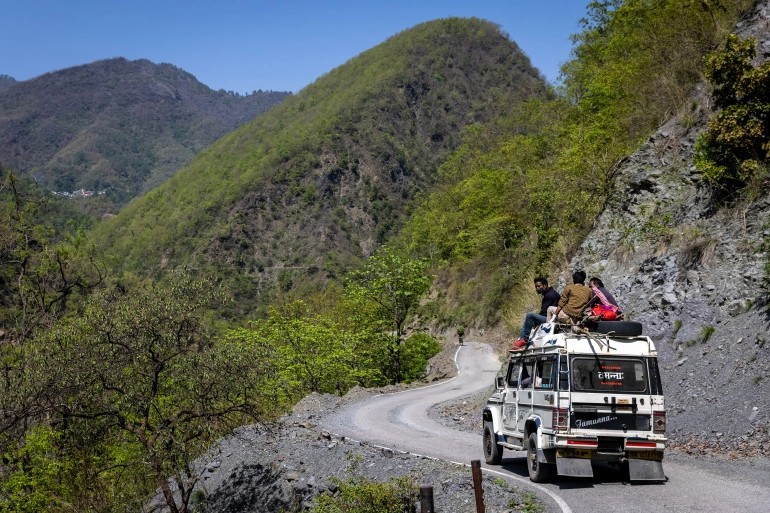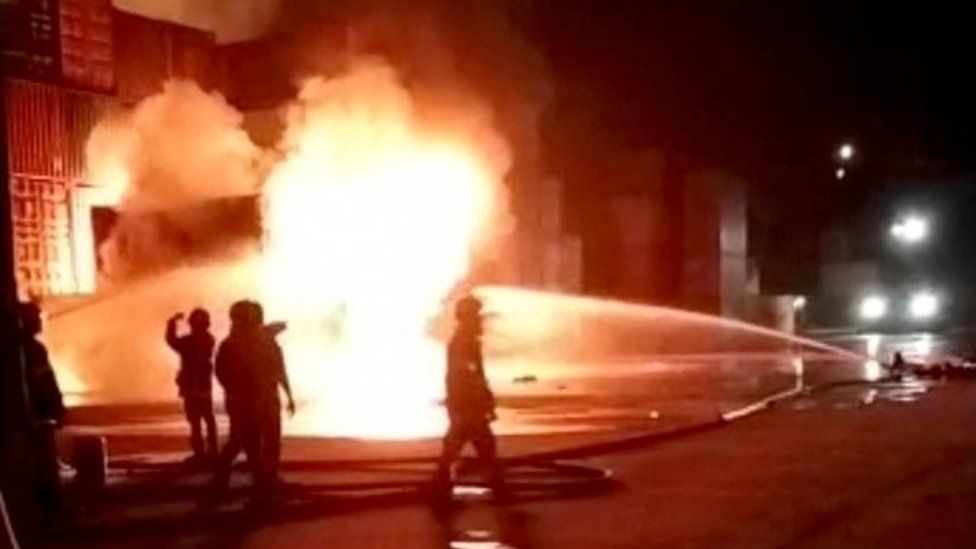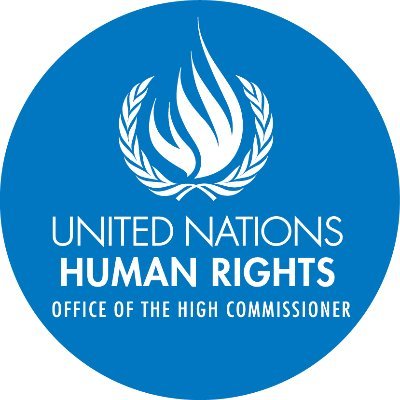London –The 20th episode of the Gurkha Cup, one of the biggest football events of the South Asian community in the UK, was organised at the Queen’s Avenue Sports Ground at Aldershot on Sunday.
The event is organised every year by a Nepali community organization, Tamu Dhee UK, by bringing together thousands of Gurkhas and their families in the UK. Even though football competition is the main event, Nepalis have been celebrating the Gurkha Cup as a festival.
According to the organisers, the main objectives of the event was to increase the level of professional football among the youth in the community, also to raise public awareness against drugs, alcohol and about cancer, raise funds for charity, and collect relief to help in case of emergency in Nepal.
Altogether 32 teams took part in the tournament bringing together players of 16-39 age group, similarly there were 8 teams in men’s category and two in the women category.
Apart from London, teams from Wales, Colchester, Oxford, York, Catrick and other cities in the UK and The Netherlands participated in the competition.
FC Kent became the winner in the main event. FC Kent won the title by defeating Rangbhang Samaj UK 2-1 in a very competitive final. Along with the victory, FC Kent received 2,500 pounds in cash, a shield, trophy and certificate.
Similarly, Brigade Boys Club (BBC) emerged victorious on the veterans side of the competition.
In the women’s category, which was held for the first time in the Gurkha Cup this year, the Manokranti team became the winner.
Parachute displays, stalls of traditional costumes and other materials, food and charity stalls, art and craft stalls, cultural performances of the centenary cultural group, presentation by singer Elena Gurung were the main attractions at the Gurkha Cup.
Ms Asmita Ale, a footballer belonging to English club Tottenham Hotspur, also participated in the Gurkha Cup.
Chief guest of the formal program, Rushmoor Borough Mayor Councillor John Mars, was pleased with the strong presence of the Nepali community in his area and said that Nepalis community has contributed to the social, cultural and business aspects in the Borough. Mrs Roshan Khanal, Deputy Chief of Mission at the Nepali Embassy in London, said that the Gurkha Cup was not only about preserving and promoting Nepali art, culture and traditions, but also about promoting integration with the British community.
Tamudhee UK President Hit Kaji Gurung, who presided over the event, said that the Gurkha Cup has united the Nepali community. He expressed his gratitude to the players, audience, sponsors, guests and volunteers, saying that the main objective of the Gurkha Cup was to protect Nepali youth from falling into bad habit, to integrate them into the mainstream and preserve Nepali arts and culture.






